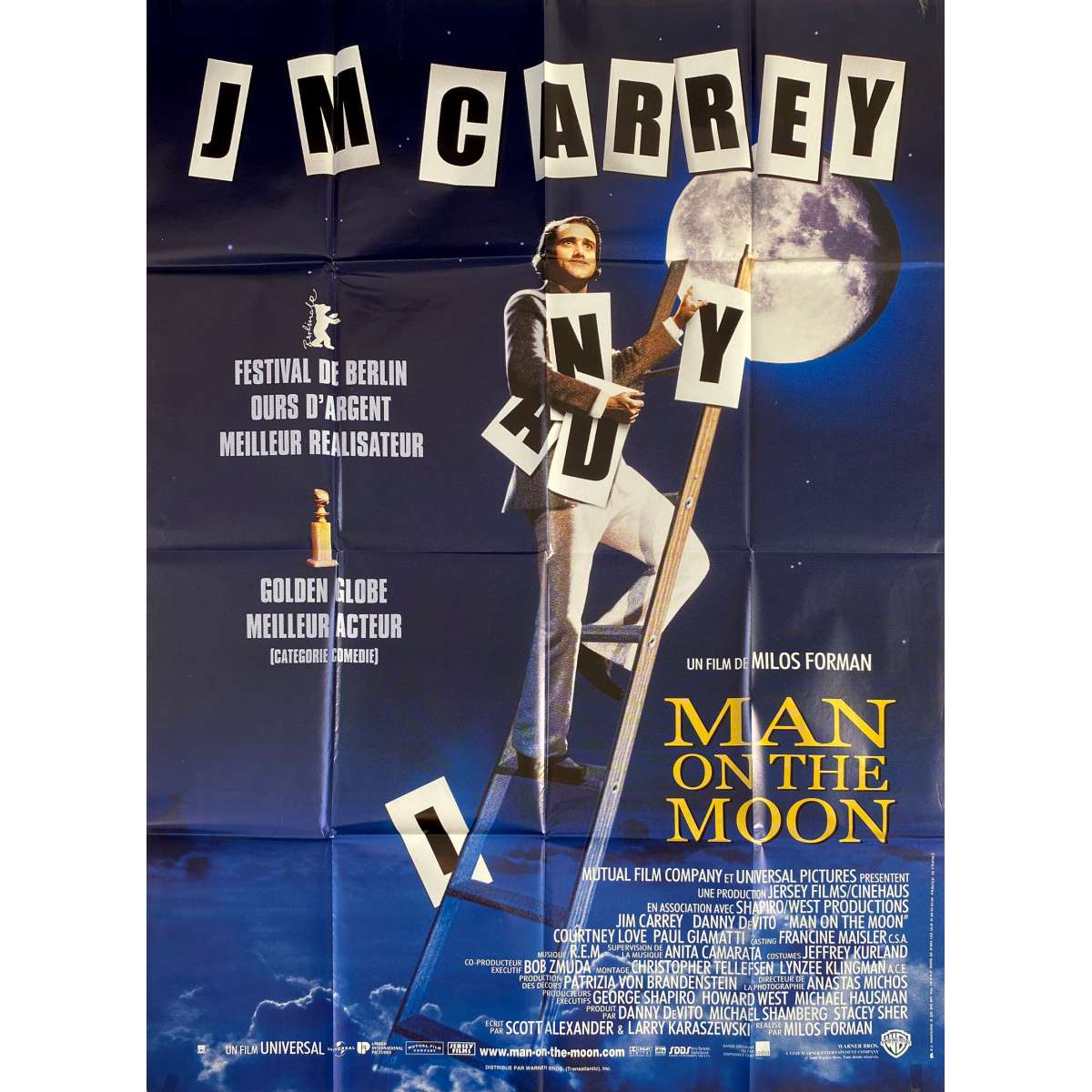

Michael Stipe later explained in an interview with Charlie Rose how the lyrics were written independently of the music, which had no prior association with the song's eventual lyrical content regarding Kaufman. I think we might have played some mandolin on it in the rehearsal studio." I think Bill played bass and I played guitar we kept going around with it. I remember we showed it to Mike and Michael when they came in later definitely we had the song finished. I sat down and came up with the chorus, the bridges, and so forth. he would come up with the riffs, but I would be the finish guy for that. Guitarist Peter Buck has explained how the music came together: "'Man on the Moon' was something that Bill had, this one chord change that he came in with, which was C to D like the verse of the song, and he said: 'I don't know what to do with that.' I used to finish some of Bill's things. Īn early instrumental demo of the song was known to the band as "C to D Slide". The song is somewhat unusual in that the verses are unequal in length, with six lines in the first verse but only four in the second and third verses. "Man on the Moon" is a mid-tempo country-rock song following a verse-chorus structure with an added pre-chorus and an instrumental bridge following the second and third choruses. The song gave its name to Miloš Forman's comedy-drama film Man on the Moon (1999), starring Jim Carrey, based on Kaufman's life and was featured prominently in the film's soundtrack.

The song's title and chorus refer to the Moon landing conspiracy theories, as an oblique allusion to rumors that Kaufman's death in 1984 was faked. Lyrically, the song is a tribute to the comedian and performer Andy Kaufman, with numerous references to his career, including his Elvis impersonation, wrestling, and the film My Breakfast with Blassie.

1988–2003 and Part Lies, Part Heart, Part Truth, Part Garbage 1982–2011. It remains one of R.E.M.'s most popular songs and was included on the compilations In Time: The Best of R.E.M. The song was well received by critics and peaked at number 30 on the US Billboard Hot 100, number 18 on the UK Singles Chart and number one in Iceland. The lyrics were written by lead singer Michael Stipe, and the music by drummer Bill Berry and guitarist Peter Buck, and credited to the whole band as usual. It's complex stuff, emotionally, and that's exactly why it's so thrilling and so great for a cast as dramatically talented as this one." Man on the Moon" is a song by the American alternative rock band R.E.M., released as the second single from their 1992 album, Automatic for the People. The multiverse isn't just a MacGuffin where we're like, 'Okay, this is just a kitschy thing that we're playing with in this movie.' If you're faced with alternate realities and with alternate versions of yourself that has to become the emotional heart, exploring who you might be if you were a different version of yourself, if you made other choices, the right choices or the wrong choices. "In every way, it shapes the emotional heart of the story. It's an interesting way to hold up a mirror to characters," Waldron said. But the opportunity in the multiverse is to have characters confront literal 'What ifs?' and alternate versions of themselves and perhaps others in their lives. "The danger is you can expand your scope too wide, and you can actually reduce the stakes if you don't make it personal as you go bigger and wider. During a previous discussion with SFX Magazine, the Loki and Doctor Strange writer scribe detailed how Marvel Studios use of the multiverse could become a double-edged sword. The scribe thinks we should proceed with the multiverse very cautiously. Michael Waldron, who wrote both Doctor Strange in the Multiverse of Madness and Loki, recently revealed the big problem with Marvel Studios' use of the multiverse.


 0 kommentar(er)
0 kommentar(er)
